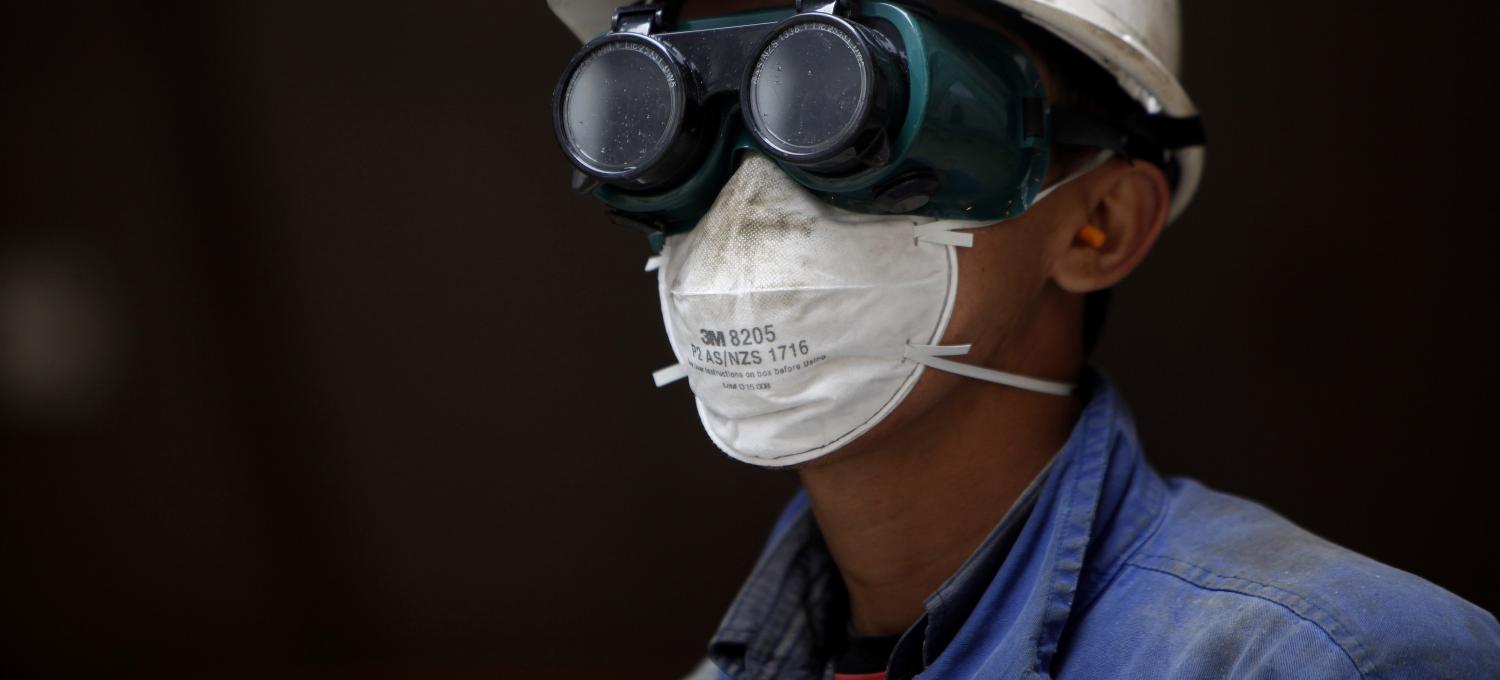Among the many floral tributes to Jakarta Governor Basuki Tjahaja Purnama, who lost his bid for a second term in last month's religiously-charged election, one in particular struck me.
'Mr Ahok,' it read, using the governor's nickname, 'we are waiting for you to become minister of energy and mineral resources.'
It was signed, 'from we who need certainty'.
Put aside whether the question of whether Ahok's brusque style would make him a good energy minister, and whether President Joko Widodo would risk his political capital two years before his own re-election bid by resurrecting the career of his former protégé. The plea for certainty is one that executives in the oil and gas and mining industries in Indonesia have been echoing for years, alongside many other investors frustrated by the seemingly interminable red tape and policy flip-flopping that besets Southeast Asia's biggest economy.
Eve Warburton is right to point out in her new paper for the Lowy Institute that resource nationalism is driven by more than mere rent-seeking by well-connected business elites and their political allies. Despite the continuing obsession of the military and police with uncovering non-existent Communist threats by detaining tourists wearing hammer-and-sickle t-shirts, Indonesia has deep socialist roots that hark back to the era of Sukarno, the founding President. Indonesia's constitution declares that natural resources should be 'controlled by the state', the government aspires to set prices for everything from rice to car-hailing apps, and there is a national planning ministry (BAPPENAS) that lays out unrealistic long-term plans to transform the economy.
Calls for self-sufficiency are an evergreen electoral tool, as we saw during the last presidential campaign when President Widodo and his challenger Prabowo Subianto tried to outbid each with empty promises of autarky.
The combination of popular support for protectionism, rent-seeking opportunities for smart tycoons and political expediency together make for solid foundations for resource nationalism in Indonesia. But if there is such a strong consensus and this is the 'new normal', why does the Indonesian government find it so hard to implement these nationalistic policies successfully?
Take the example of the 2014 ban on mineral exports, which was designed to promote the development of a downstream processing industry. Despite five years of warnings that it would be implemented, at the eleventh hour the government agreed on carve-outs for some companies including foreign miners Freeport and Newmont (whose Indonesian operation has since been taken over by a local tycoon).
Still, the policy appeared to be somewhat successful in pushing some nickel and bauxite miners to start building processing facilities in order to obtain export licences. Billions of dollars in investment in smelters and refineries was promised, much of it by Chinese companies, which are the ultimate buyers of these minerals.
Then, in January this year, the government changed tacked again, ending the prohibition on the export of nickel ore and bauxite, driving down the prices of these commodities and upsetting those who had only agreed to build processing plants because they believe that supply would be constrained by the export ban.
This does not look like a government and business elite joining hands to implement a universally accepted goal. It looks more like the typical regulatory uncertainty, which stems from a mix of incompetence, corruption, bureaucratic infighting and the contested nature of power structures in heavily decentralised Indonesia. Some of the more straightforward and lower-cost natural resource sectors, like open-cast coal mining, are able to ride out the policy muddle, in particular when prices are high. But certainty is a must for the more capital-intensive endeavours, such as offshore oil and gas exploration or Freeport's plan to dig a vast underground mine at Grasberg in Papua.
Warburton points out the growing involvement of Indonesian investors in the natural resources sector – much of that is concentrated in the simpler projects mentioned above. It is doubtful that many Indonesian investors have the capital and the risk appetite for the sort of mega-projects normally developed by multinational giants such as BP or ExxonMobil. But if Indonesia is serious about local companies taking on the biggest natural resource extraction opportunities, they will need the same levels of (currently non-existent) policy certainty as their international competitors.
Whether Indonesia's resources are owned by locals or foreigners, only regulatory certainty will ensure that, as the Constitution states, these riches are 'used for the greatest possible prosperity of the people'.

